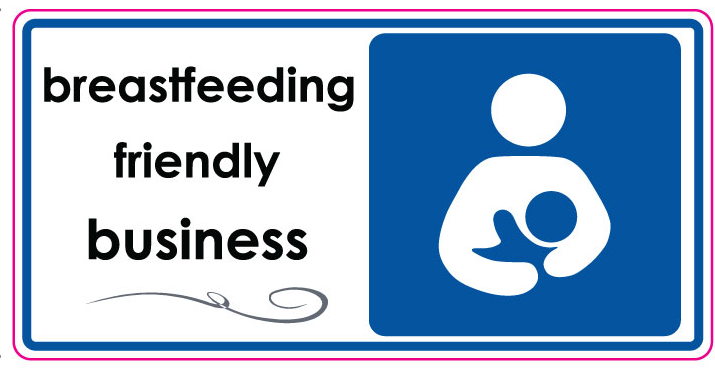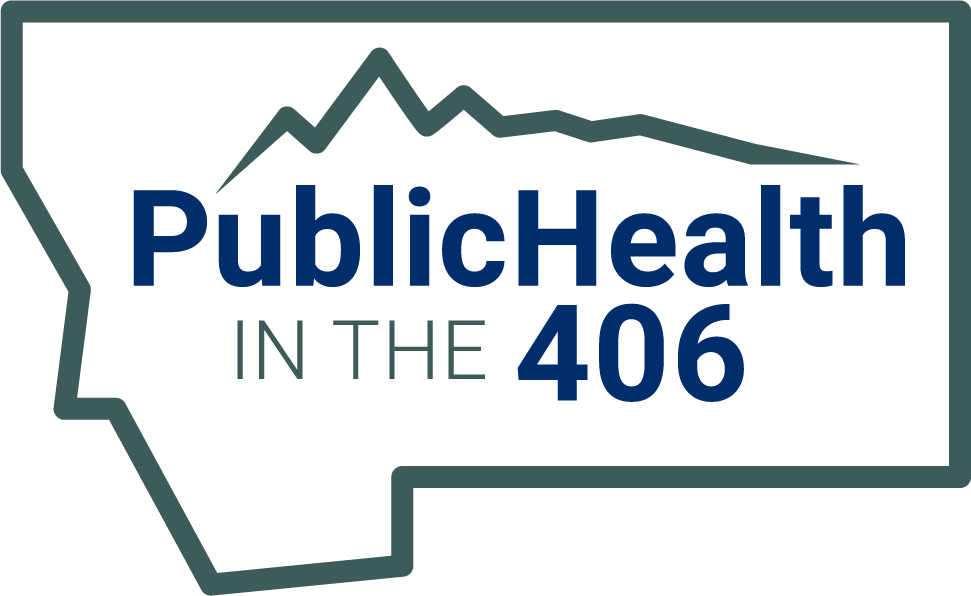Why it Matters

Why is it important to support breastfeeding employees?
Return on investment (ROI) is the bottom line in assessing the value of new programs. Research shows that providing a lactation support program is not only highly desired by breastfeeding employees who return to work after childbirth, it can also improve your company's ROI by saving money in health care and employee expenses
Offering a nursing employee support provides a 3:1 return on investment through lower health care costs, decreased sick time taken due to infant illness, higher retention rates, improved productivity and loyalty and a positive public image improving recruitment potential.
1. Lower Absenteeism Rates:
Because babies are healthier when they are breastfed, their parents are less likely to miss work. 1-day absences due to illness occur twice as often among parents whose infants are not breastfed.
CIGNA Insurance Company - 2 year study
Saved $60,000/year in lower absenteeism rates among women whose babies were breastfed.
2. Lower Healthcare and Insurance Costs:
The reduced health care costs for breastfed infants translate into lower medical insurance claims for businesses. Babies who are not breastfed visit the physician more often, spend more days in the hospital, and require more prescriptions than breastfed infants. One study found that for every 1,000 babies not breastfed, there were 2,033 extra physician visits, 212 extra hospitalization days, and 609 extra prescriptions for three illnesses alone – ear, respiratory, and gastrointestinal infection.
Mutual of Omaha found that employees who participated in their lactation support program had newborn health care costs that were three times lower than employees who did not participate.
3. Higher Retention Rates:
Research shows that women who receive support to express milk at work are more productive and loyal to the company. They are also more likely to return from maternity leave, and often come back to work earlier.
A study of several companies with lactation support programs showed that they retained 94.2% of their employees after maternity leave, compared with the national average of only 59%.
Mutual of Omaha reported an 83% retention rate among women employees after implementing a lactation support program compared to the national average of only 59%.
For more information on benefits to businesses when they support nursing mothers, read the Business Case for Breastfeeding toolkit for employers.Developed by Woman's Health.gov, The Business Case for Breastfeeding is a comprehensive program designed to educate employers about the value of supporting breastfeeding employees in the workplace.
Sources:
1: Am J Public Health. 2011 February; 101(2): 217–223.
Working Mothers, Breastfeeding, and the Law. Lindsey Murtagh, JD, MPH and Anthony D. Moulton, PhD
2. U.S. Department of Health and Human Services. The Business Case for Breastfeeding. 2008. Updated August 1, 2010. www.womenshealth.gov/breastfeeding/government-in-action/business-case-for-breastfeeding
Breastfeeding benefits everyone!
With support, many mothers have found that they can continue to give their babies the important health benefits even after they return to work. This website will offer resources to support you in your transition back to the workplace.
Benefits of Breastfeeding
For Baby
- The cells, hormones, and antibodies in breast milk help protect babies from illness. This protection is unique and changes every day to meet your baby’s growing needs.
- Lower risk of Necrotizing (NEK-roh-TEYE-zing) enterocolitis (en-TUR-oh-coh-LYT-iss), a disease that affects the gastrointestinal tract in premature babies, or babies born before 37 weeks of pregnancy.
- Breast milk is easier to digest than formula.
- Breast milk contains antibodies that protect infants from certain illnesses, such as ear infections, diarrhea, respiratory illnesses, and allergies. The longer your baby breastfeeds, the greater the health benefits.
- May reduce risk of SIDS (Sudden Infant Death Syndrome).
For Mom
- Breastfeeding triggers the release of a hormone called oxytocin that causes the uterus to contract. This helps the uterus return to its normal size more quickly and may decrease the amount of bleeding you have after giving birth.
- Breastfeeding leads to a lower risk of these health problems in mothers:
- Type 2 diabetes
- Certain types of breast cancer,
- Ovarian cancer
Source:
1. American Congress of Obstetricians and Gynecologists
2. Womenshealth.gov





